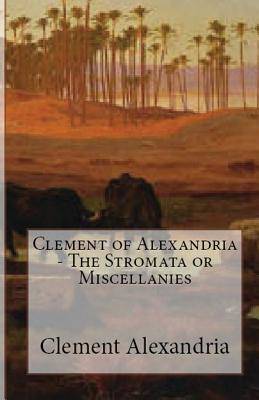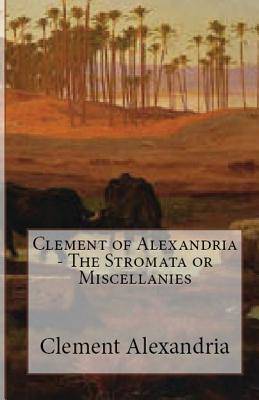
- Retrait gratuit dans votre magasin Club
- 7.000.000 titres dans notre catalogue
- Payer en toute sécurité
- Toujours un magasin près de chez vous
- Retrait gratuit dans votre magasin Club
- 7.000.0000 titres dans notre catalogue
- Payer en toute sécurité
- Toujours un magasin près de chez vous
Description
Various accounts have been given of the meaning of the distinctive word in the title; but all agree in regarding it as indicating the miscellaneous character of its contents. And they are very miscellaneous. They consist of the speculations of Greek philosophers, of heretics, and of those who cultivated the true Christian gnosis, and of quotations from sacred Scripture. The latter he affirms to be the source from which the higher Christian knowledge is to be drawn; as it was that from which the germs of truth in Plato and the Hellenic philosophy were derived. He describes philosophy as a divinely ordered preparation of the Greeks for faith in Christ, as the law was for the Hebrews; and shows the necessity and value of literature and philosophic culture for the attainment of true Christian knowledge, in opposition to the numerous body among Christians who regarded learning as useless and dangerous. He proclaims himself an eclectic, believing in the existence of fragments of truth in all systems, which may be separated from error; but declaring that the truth can be found in unity and completeness only in Christ, as it was from Him that all its scattered germs originally proceeded. The Stromata are written carelessly, and even confusedly; but the work is one of prodigious learning, and supplies materials of the greatest value for understanding the various conflicting systems which Christianity had to combat.
Spécifications
Parties prenantes
- Auteur(s) :
- Editeur:
Contenu
- Nombre de pages :
- 596
- Langue:
- Anglais
- Collection :
- Tome:
- n° 57
Caractéristiques
- EAN:
- 9781643730691
- Date de parution :
- 07-08-18
- Format:
- Livre broché
- Format numérique:
- Trade paperback (VS)
- Dimensions :
- 140 mm x 216 mm
- Poids :
- 680 g

Les avis
Nous publions uniquement les avis qui respectent les conditions requises. Consultez nos conditions pour les avis.






